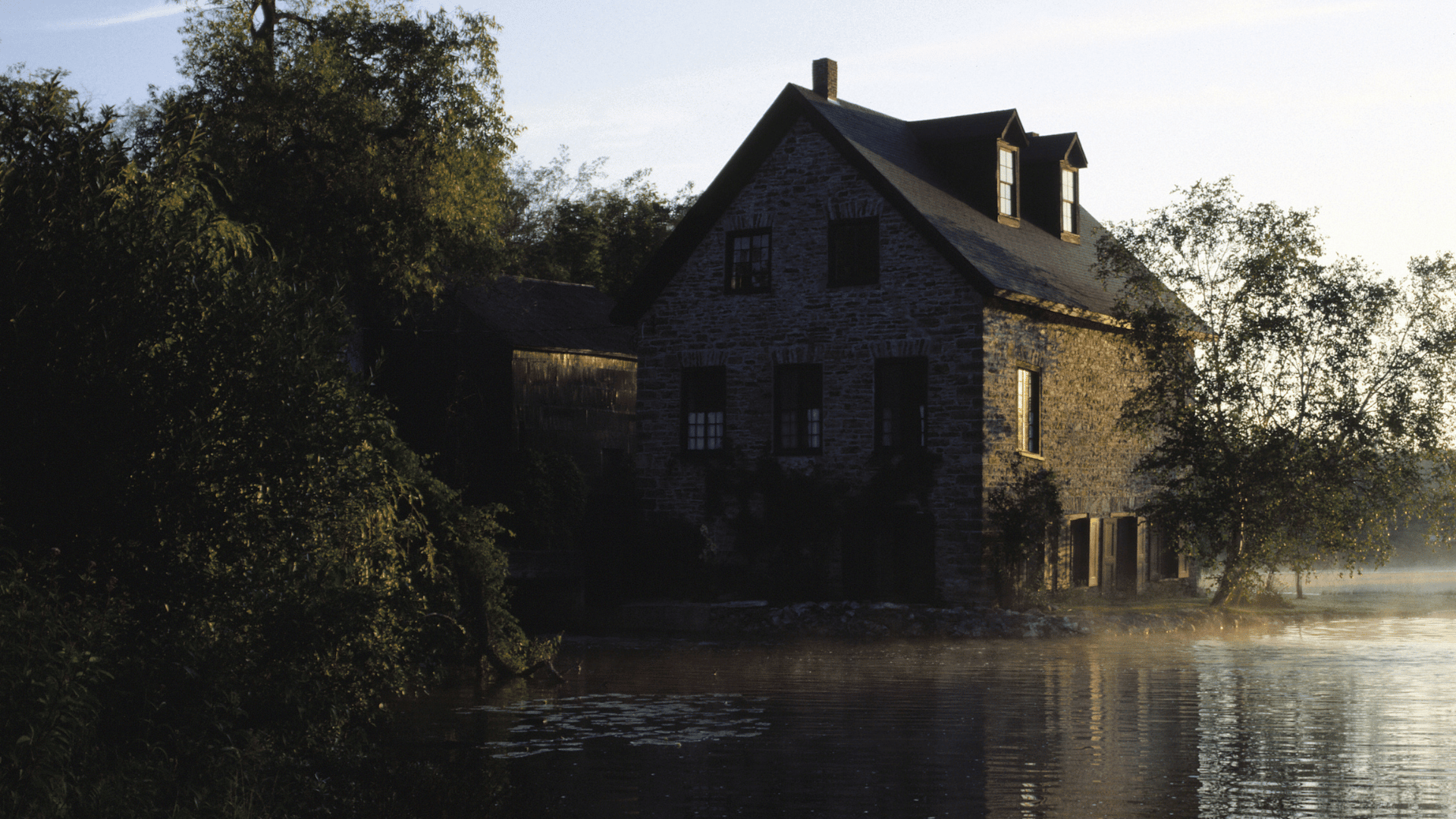Every small business owner sets up a business that can outlive them and provide for their family for generations. But transferring the company to your heirs and employees after your death brings a considerable tax liability to the inheritor. Even though Canada has no inheritance or estate tax, the Canada Revenue Agency (CRA) deems the assets sold at fair market value (FMV) to your inheritors on the date of your death. This attracts a capital gain tax (CGT) on 50% of the gains. If your company has grown significantly in value, the tax bill is so high that the CRA inherits more than your beneficiaries. You can plan the transfer of your estate in a tax-efficient manner through an estate freeze.
This article will discuss how an estate freeze works and why small business owners consider it during estate planning.
What Is An Estate Freeze?
As the name suggests, it is a technique to freeze the value of your estate at the current price and tax rules. Estate can be your corporation, publicly traded securities, real estate portfolio, and investment accounts. By freezing your asset, you also freeze your tax liability incurred on your death. As you freeze the estate value, you can calculate the capital gain tax and plan to fund it by taking life insurance that provides death benefits equivalent to the tax liability.
Why Should Small Business Owners Consider Estate Freeze?
You can unfreeze and refreeze the estate depending on the situation. For instance, small business owners might want to freeze their estate:
- When the CRA implements a new tax law that could increase their tax liability.
- When the value of the estate nears the lifetime capital gain exemption (LCGE) limit, which is $892,218 for 2021, the CRA exempts cumulative capital gains deduction of $446,109(50% of LCGE limit)on the disposition of qualified property. If your 2021 capital gain is $1,000,000, the CRA will apply capital gain tax (CGT) on 50% of the $107,782 ($1,000,000-$892,218).
Small business owners might want to unfreeze estate to take advantage of a market downturn when the shares drop in value and refreeze them at a lower value, thereby reducing CGT liability when the value of shares recovers.
What Happens Upon Death of the Small Business Owner?
As a small business owner, you freeze the value of your estate. This proves beneficial if your asset grows significantly in value. Upon your death, the CRA will consider the inheritance as disposing of the property at the freeze value and apply a capital gain tax accordingly. As you can calculate the tax liability and plan its funding, the death benefit from your life insurance could take care of the tax liability.
Let’s understand estate freeze with an example. Mary started a business with $50,000 in 2005 and its value grew to $1,500,000 in 2021. Her capital gain is $1,450,000, which is $557,782 above the LGCE. She decides to freeze the assets and take life insurance with a death benefit equivalent to or greater than the CGT liability. On her death, the beneficiaries will face a CGT of $278,891 (50% of $557,782 gain). They will also get the sum assured from the life insurance that will take care of the CGT and relieve the company from the stress of accumulating such huge cash.
How does Estate Freeze Work?
In the case of a corporation, you can freeze your common share by converting them into fixed-value preferred shares of equal value at the time of the freeze. Your next generation can subscribe to new common shares at a nominal amount and benefit from the capital appreciation. The capital gain tax applies when the next generation sells the common shares for a gain.
There are many ways you can structure your estate freezes depending on your requirement. Some of the methods are as follows:
- You lose control over the corporation when you receive the frozen preferred shares. If you want to retain control, you can subscribe to a special class of voting shares that are not income-generation nor have any value.
- If dividends from common shares are your retirement income, you can maintain this income stream by redeeming your freeze shares in small portions throughout your lifetime. This is called a vanishing or wasting estate freeze plan, as the number of freeze shares reduces with every redemption, and so does the capital gains tax.
You can explore structures like a holding company or a family trust for estate freeze. These structures can protect the estate from the beneficiaries’ credit liabilities and give the author control over who the beneficiaries are. These are complex structures. A professional wealth advisor can guide you on the structure best suited for your situation.
Contact McCay Duff LLP in Ottawa for Estate Planning Expertise
To learn more about how the team McCay Duff LLP can assist you or your business, please contact us online, or by telephone at 613-236-2367, or toll-free at 1-800-267-6551.





